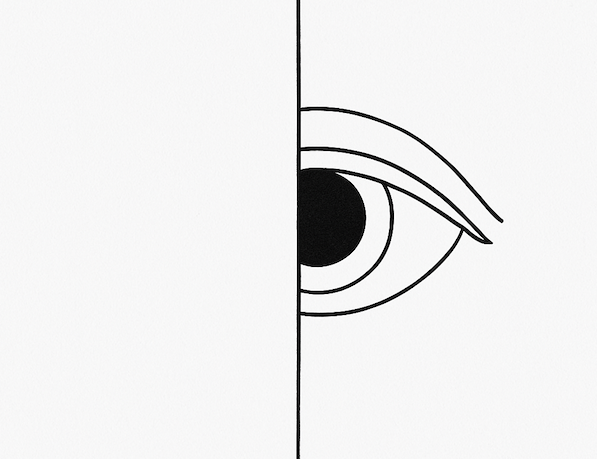In today’s privacy-conscious world, VPNs (Virtual Private Networks) are often marketed as magic cloaks that make you anonymous online.
They’ll claim “Online privacy”, “Protect yourself from hackers, governments, and prying eyes.”, “Go invisible”.
But here’s the reality: a VPN doesn’t make you invisible – it just changes who gets to see what you’re doing.
Shifting trust from your ISP to your VPN provider.
Let’s unpack what that really means.
What a VPN Actually Does
A VPN encrypts your internet traffic and routes it through a server operated by the VPN provider before it reaches its final destination (like a website or app server). A “middle-man” that makes a request on your behalf.
- Your ISP (Internet Service Provider) can no longer see which websites you visit or what you’re doing online.
- Your IP address – which could tie activity back to you – appears to be the VPN server’s IP instead of your own.
- You gain some protection on public networks (like airport or the cafe Wi-Fi), because your data is encrypted before it leaves your device.
This is genuinely useful for:
- Avoiding ISP throttling
- Bypassing censorship or region blocks
- Securing your connection on public networks
But You’re Not Invisible
Here’s the trade-off that often gets glossed over in marketing:
You’re not hiding from the internet – you’re just hiding from your ISP. The VPN provider now sees what your ISP used to see.
Unless you’re using a no-log provider (and trusting them to actually uphold that policy), your VPN company can:
- See which websites you access
- View the data you transmit (e.g. passwords, credit card details etc.) when accessing sites over insecure protocols like HTTP
- Log your connection times and traffic volume
- Potentially associate that data with your account or payment method
So, using a VPN just shifts trust:
- You trust the VPN company more than your ISP
- You trust that they won’t log your activity, sell your data, or get compromised
Common Misconceptions
Let’s bust a few myths:
“No one can see what I’m doing.”
Think again. Your VPN provider can – unless you’re using encryption end-to-end (like HTTPS) and trusting the provider’s no-logging claim.
“All VPNs are secure and private.”
Many free or cheap VPNs log your activity, sell your data, or inject ads. You must trust the provider – and not all are trustworthy or can be verified.
Some “free” VPNs are funded by advertising networks or worse. You may have left your ISP’s surveillance, only to end up in a sketchier neighbourhood.
“VPNs make you anonymous.”
No. VPNs hide your IP from the sites you visit but don’t stop tracking via accounts or browser data.
Self-Hosted VPNs: The Only “Trusted” VPN?
If you truly want control, you can set up your own VPN server (e.g., using OpenVPN or WireGuard on a VPS you control). This way:
- You handle the encryption yourself
- You avoid third-party logging
- You still get protection on untrusted networks
But even then – websites can still track you using cookies, browser fingerprinting, and login sessions.
Final Thought: Know What You’re Getting
Using a VPN can improve your privacy, but only within certain boundaries. It’s less like closing your blinds and more like hiring a courier to deliver your messages so you don’t have to go outside.
Your neighbours (ISP) can’t see where you’re going, but now the courier (VPN) knows everything – who you’re talking to, what you’re saying, and when. Whether your privacy is protected now depends entirely on how much you trust that courier not to snoop, copy, or sell your information.
So use a VPN if:
- You’re on public Wi-Fi
- You want to bypass content restrictions
- And most importantly, you trust the VPN provider more than your ISP
But don’t assume it’s a get-out-of-jail-free card for privacy or security.
